When dealing with Dementia, the questions that tend to come up are: “Who can get it and what causes it?” In all honesty, everyone is susceptible. 10% of Americans over the age of 65 will suffer from some form of Dementia. That statistic becomes 1 in 7 over the age of 71 and continues to increase as one gets older. Genetics can be blamed, as well as blood pressure, disease, medications and previous brain injuries. Even if you never suffer directly from Dementia, there is a good possibility you know a family member or friend that does, or eventually will. In short, Dementia effects us all.
The general definition of Dementia is: “A severe loss of mental ability, including, but not limited to memory loss, cognitive function and confusion”. Basically, as we all get older we can encounter lower brain function due to disminished blood supply to the brain. When this impedes into our daily quality of life it becomes labeled as “Dementia”. The two largest diseases associated with it are Alzhiemers & Vascular Dementia. Of the two, my mother suffers from Vascular Dementia.
Let me introduce you to my mother, Celia Dell Fraser. She turns 75 this year. She has always been an artist. A creative individual that spent her life teaching, painting, sculpting, dancing, writing letters, sewing, etc. If she could make something instead of buying it, she would. This intense creativity also came with a very sweet, caring and sometime “flighty” or excentric personality. The later made her late diagnosis of Vascular Dementia very difficult. Certain forgetful moments, mood changes, or obsessive behavior was something that as a family we had dealt with all our lives. When the symptoms became worse, the doctors tested for Alzheimer’s and it came up negative. This all happened during my father’s bout and subsequent death from cancer, masking my mother’s increasing symptoms as being just “Stress related”. Within 1 year of my father’s death she could no longer drive. The next year we moved to her to assisted care living, 3 months later into full time memory care for Dementia.
Now, if all this was preventable, the late-diagnosis would be a true tragedy. With the type of Dementia she suffers from, it was not. At the time I write this blog Dementia and Alzheimer’s are a death sentence. Guess what? So is life. Think about it. None of us are getting out of this alive. I’m not trying to be morbid, merely putting things into perspective. My mother’s Dementia took literally 3 years to accurately diagnose. The only meds currently available cannot cure, but merely slow down the degeneration. Like many meds these days, they also have varied side effects and are not covered by her insurance. As her son I found myself caught between 3 responsibilities that many survivor/caregivers find themselves having to simultaneously deal with.
1. Cure the disease: Not 100% up to me. God is a deciding factor in this, so are the doctors, not to mention the insurance companies and the over all cost and availability of treatment. If one remains myopic on finding “The Cure”, you tend to ignore the “Life” in general. If you spend every ounce of time, money and energy on “The Cure” it defeats the purpose for the cure. This leads to the second responsibility and the reason one should deal with these 3 simultaneously and not consecutively.
2. Planning for the end: This is morbid when viewed at face value, but irresponsible if ignored. I’m not talking about funeral arrangements. (That’s a cake walk). I’m talking about 24 hour planned care, Medicare regulations, Social Security, Veteran’s benefits, stretching a fixed income and strategically creating the best possible environment for a loved one who is no longer responsible for themself. It is easy to get so wrapped up in responsibilities 1 & 2 that you tend to forget the quality of the life in question. Not just my Mom’s life, but also my own and my family’s.
3. Dealing with the life that’s still here: Once my mom was secure in her new surroundings I found myself paying more attention to what she couldn’t do, than what she could. This is a common mistake. Spending time with her was important, but the quality of that time cannot be ignored. The first reaction is to become frustrated, or not want to deal with it at all. (Just let the home take care of her, after all that’s what they are paid for). That really wasn’t an option for me. While I do let her caregivers decide what’s best for her on a day-to-day basis, my new purpose was to try and help her see the positive side of that day. (Now this works for a while, unless you don’t really believe it yourself). It seemed that the more I painted the “light at the end of the tunnel” for her, the less I believed it myself.
By spending time and talking with my mom I eventually discovered that her long-term memory had improved while her short-term memory deteriorated. This allows us to talk about past memories and family stories with more clarity than she has had in years. Granted, some of her memory issues can cause some bizarre arguments concerning reality, but in general we tend to laugh about it. (At least Dementia has not stollen her sense of humor!). One thing that Dementia has stolen from her is the ability to read and paint. (Loss of depth perception, motor skill coordination and pattern recognition can be common symptoms). So instead of focusing on what she can’t paint, we discuss what she has painted in the past, or what I’m currently painting. She never was musically inclined to play an instrument, but always enjoyed vicariously listening to music. The principle is roughly the same when talking about, describing and looking at art. My primary goal with my visits is to leave her in a better mood than I find her in. We do this by talking. So far we succeed more than we fail, so I consider this a win.
While this blog has been predominantly about my mom and how we have dealt with her Dementia, there has been a secondary benefit for myself. Because of my mom’s illness I have spent more time with her in the past 3 years than in the previous 20 combined. This is not because I was a horrible son, but basically because we both had our own lives. I’m also learning to apply this attitude towards my current family instead of waiting for tragedy to wake me up. It’s sad that it takes personal illness or tragedy for us to realize what we have lost, or will lose. But that is the way it works in life. We never truly appreciate success without failure, good without bad, or health without illness. Life is a constant learning process. We never learn anything by constantly getting it right. It requires getting it wrong, failing, trying again and working through the problem to truly understand it. What we do with that final knowledge determines if we ever get it right.
My mom is Celia Dell Fraser. She is an artist, mother, grandmother, painter, teacher, dancer, sculptor, seamstress and teller of stories. Dementia may disable her, but will never define her.
I hope you have gained something from this blog. I am not a doctor and have tried to keep the information as unclinical as possible. It is based on my personal viewpoints, dealings and responses to my mother’s ongoing ordeal with Dementia. If you have similar stories, or comments you would like to share I would love to hear them. Please comment below, sign up for my newsletter and follow me on Social Media.
Craig Fraser

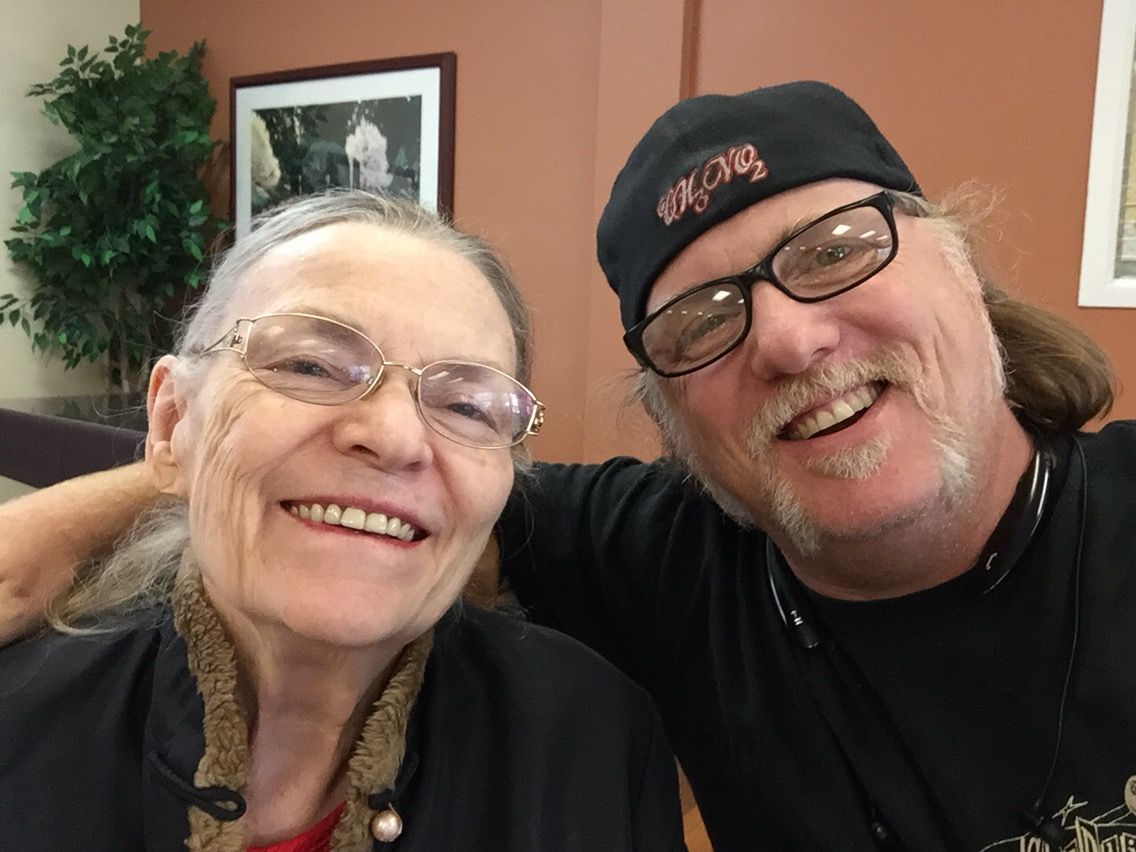
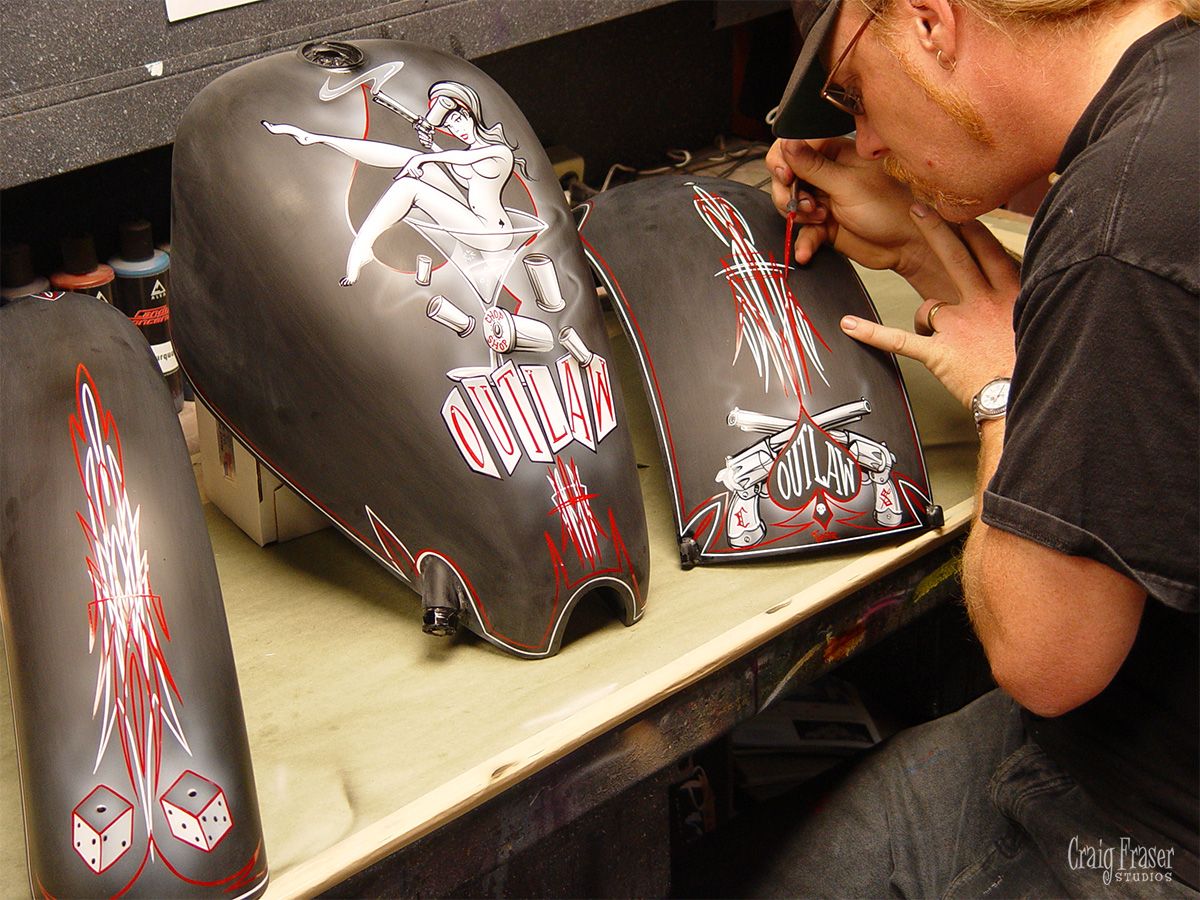
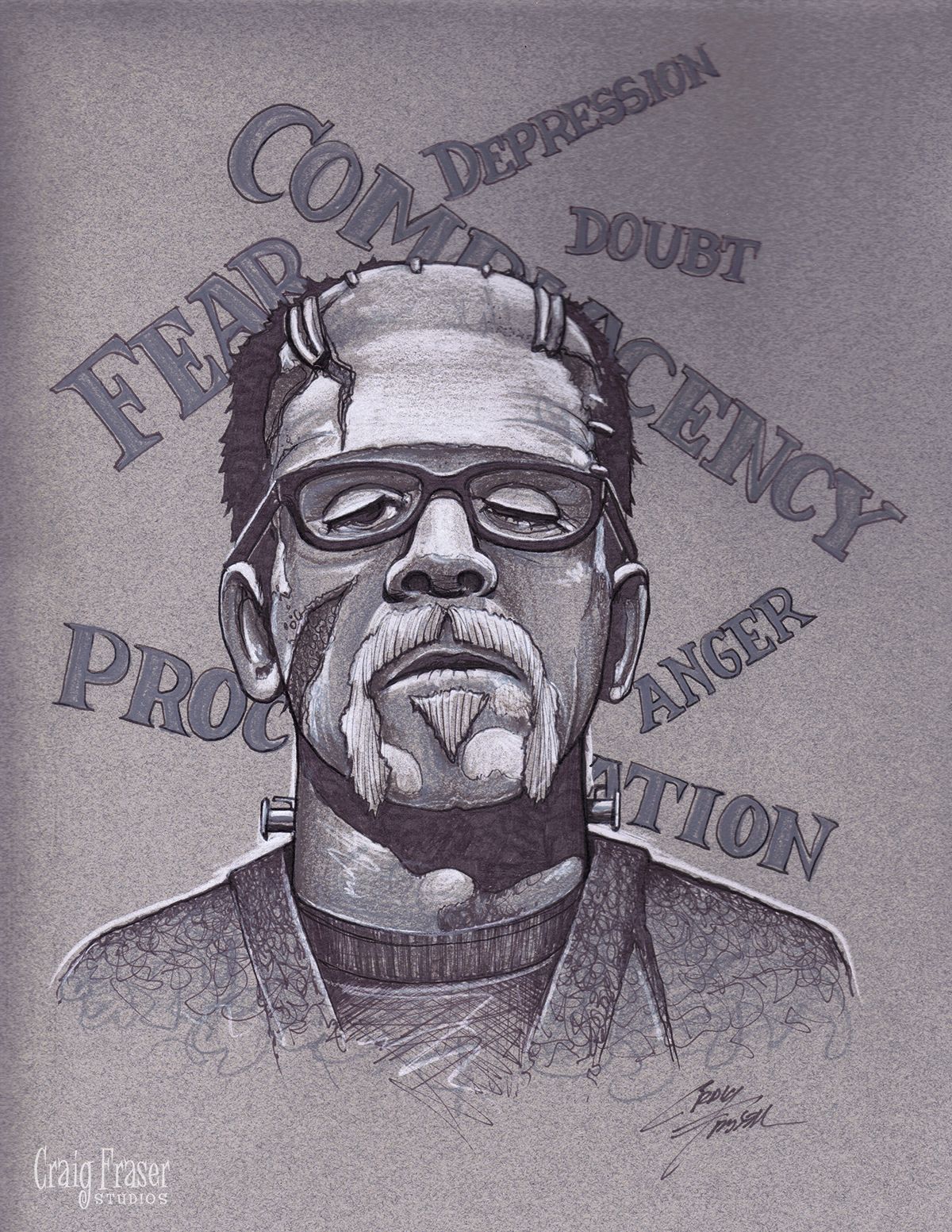
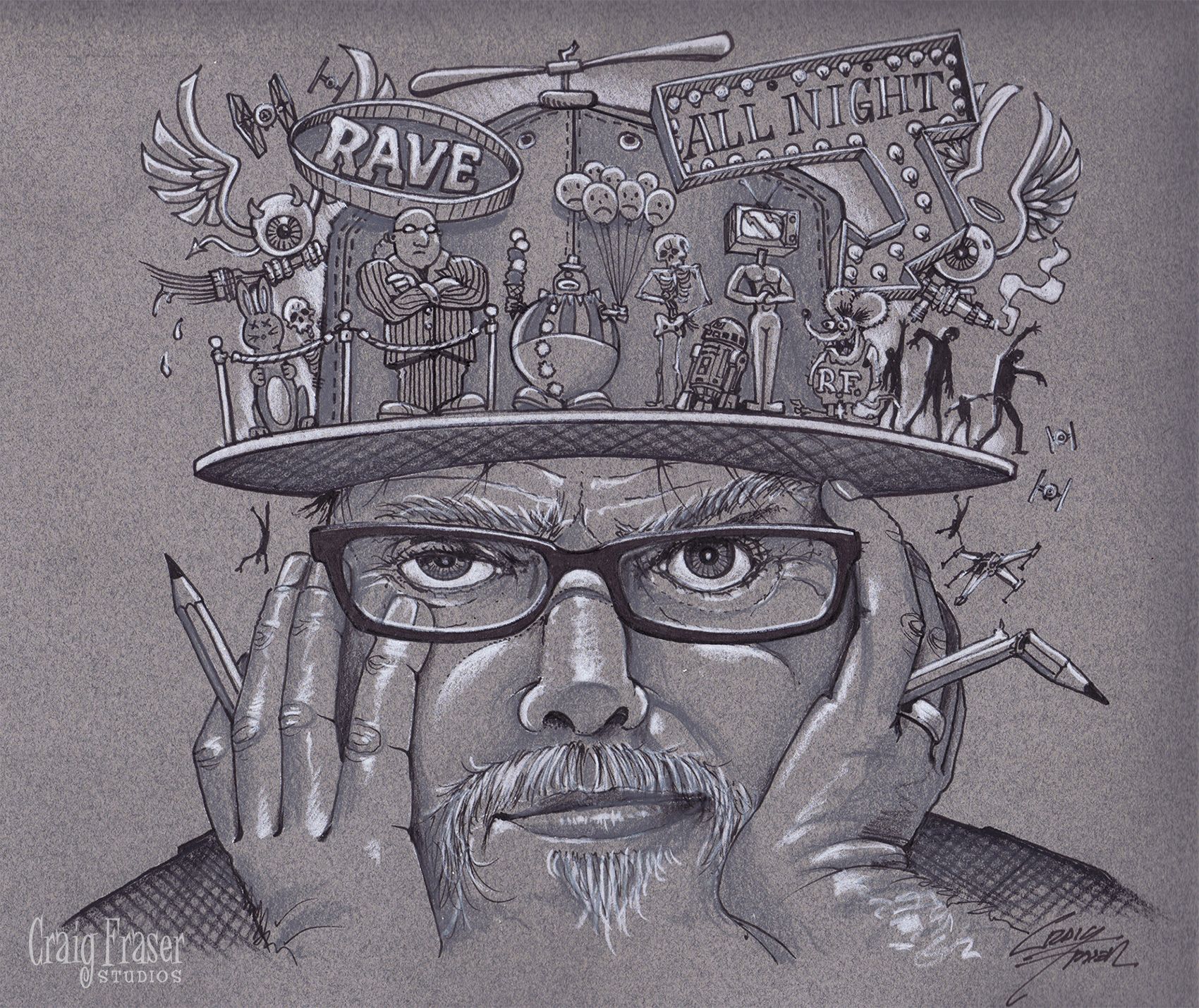

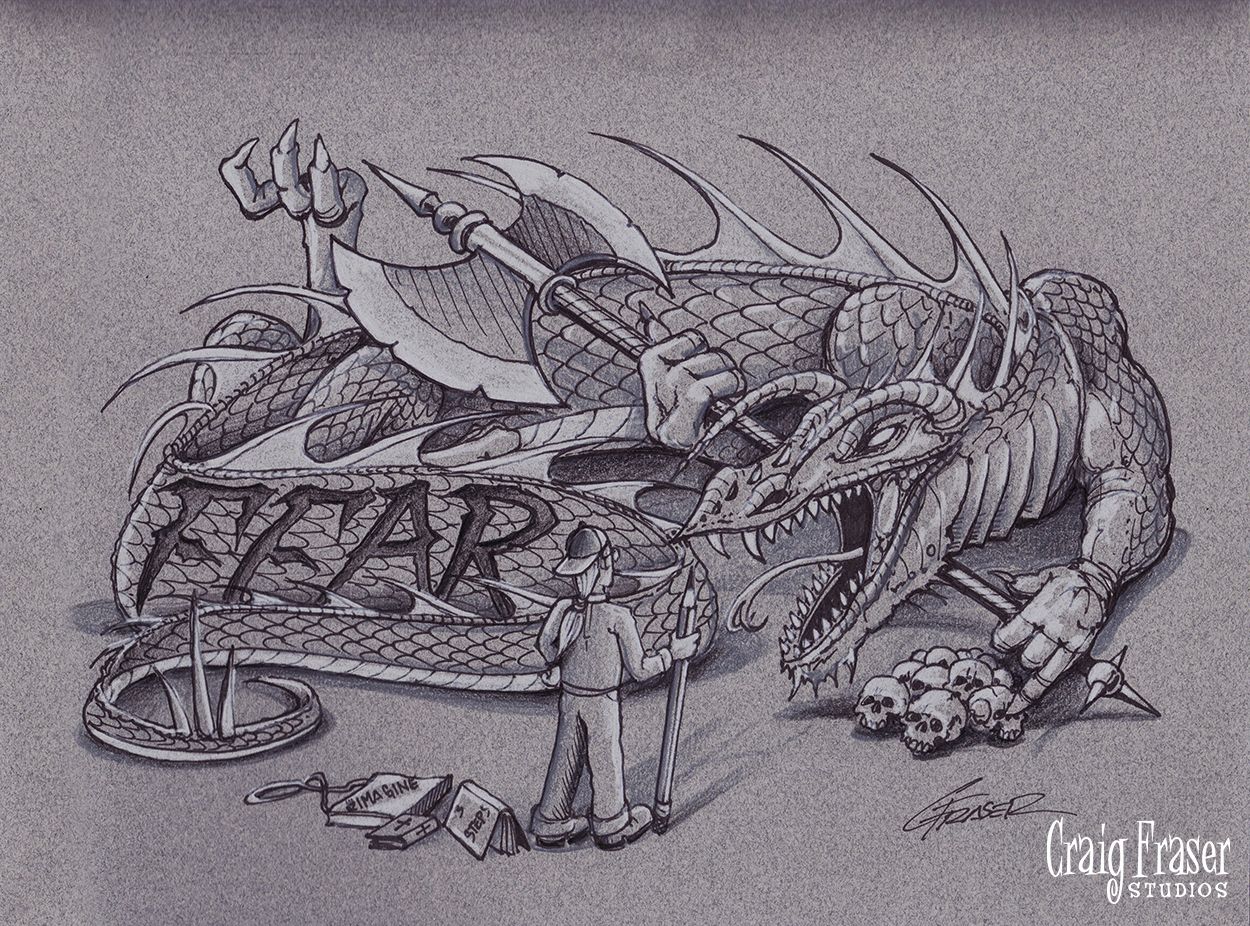
Great blog man. This is heartfelt and provides hope for all weathering the season of challenges it provides. Well done. Keep writing.
Thankyou so much. This was the toughest blog to get around to writing, but felt the best once I started putting words to paper.
Hi Craig, sorry to hear about your mother. It is a learning curve to understand dementia and how it effects everyone around it. I just went through it with my mother. It is amazing the stuff they remember from the past. I think I learned more about my mother with the stories she never told me before but could remember now. My heart goes out to you and your family, but enjoy this time as well as you too might find there is more to learn about that wonderful person.
one of your many fans
Tim
Thankyou for the comments and support. It really means alot.
Craig, thanks for this touching and informative post. Point #2 is spot on. In a sense, I’m getting a preview of ‘coming attractions’ as my parents are both still in pretty good health AND live halfway across the country but both those things are going to be changing all too soon. And on the other hand they’re only 19 years older than I am so as they go through their final life transitions I expect to be fully aware of what lies ahead for me a short way down that road.
Meanwhile, we’ve all got to enjoy the time we’ve got (hint: it’s mostly the NOW for those that may not know).
Best wishes and keep cool this week!
DS
Thank you Craig for all this great info and I know it must have been hard. Very true how any loss of blood flow to the brain can seriously effect us at any age. Exercise is key to keep your brain functioning at its best. We can all improve our chances of getting dementia by exercising our minds and keep that blood flow at a healthy rate to fight any of this. Balanced life of smart eating and exercise has so many benefits!! Love ya Bro!!
Correction….by exercising more each day we can DECREASE the chances of getting dementia. Sorry for my typo I was typing fast on my break and had to return to work.
Hey Craig,
Had a very similar scenerio with my parents. My Father passed away from liver diseae and I started to notice my Mother’s memory was having memory issues. Little things at first, repeating herself, forgetting names but then it progreesed into not remembering we’re she lived and getting lost in her own neighborhood. Followed the same steps, assisted living and finally a nursing home. It was tough seeing the woman who raised you and was there always to help now had no clue who you were. My Mother passed away ten years ago but you blog brought back all the memories of her illiness. I wish you all the stregth and courage to deal with this stage in yours and your Mothers life. Best regards, Terry Car Tattoos / Lethal Threat
Thanks Terry. I had no idea you were going through all that back then.
Blessed by this brother. You know I know this journey. Thankful for your heart and willingness to share. Praying for her and here for you.
Thanks Josh. Means alot.
Craig,
. Having been through this with my mother, I somewhat know what you’re going through. There were many time when I would visit my mother and she would not know who I was. She would also get mean and say things that she would never say before the disease took ahold of her.
Keep the faith my friend and thank you for sharing this story.
J
We to are experiencing that with my mother in law. I have in the past worked for a home for special care. Jean my (mother inlaw) always sung at the church and when she hears music her mood changes for the better. So does just keep on talking to them like you normally do. She is now in the home I use to work for and has amazing care from my friends who work there.. a whole support team. Dementia can be frustrating and has an emotional toll to many especially to some who provide sole care by themselves. So glad you are supporting you mom this way. Sharing your story is amazing. Thank you. Sending positive energy and hugs to you and your family.
Thanks Kelly! See you at SEMA.
Craig I just wanted to thank you again for all you have done to make this transition for Mom a lot easier for her to deal with. I love how in all this you have seen the silver lining and took this tragedy to help see the message God has left for us to learn. Life is a gift…its what we do with it to improve our lives and the lives of others that helps make sense of it all. I see it in my cancer patients I come in contact with. How they are dying inside but so thankful and full of joy for the day they are given before them. Its true we get so busy in our lives that it takes a tragedy to stop us and focus on what is important. You’re absolutely right…we should not wait for a tragedy to focus on what’s important like our family time together. Everyday live life at its best! Love you xox
Hey Craig,
Sorry to hear about your mother. I have had family history of Dimentia and Alzheimers and the possibility of it hitting me scares the crap outta me. It’s something I think about all the time. We are currently going through that with the mother law also and it’s been a bit of an eye opener. It has really put a lot in perspective for me the last year on what’s important and how we take some things and relationships for granted. I loved the article and information shared. Keep em coming Craig….
Thanks Jason. Seems that Dementia touches a whole lot more of the people I know than I thought.
Craig, Jenny sent this to me and as I read it I was saddened by the reality of the situation of my wonderful friend and your Mother. You and Robin, and April are to be commended for how you have taken care of Celia through this difficult time. It’s a real testament to the parenting you all received.
I have so many fond memories of them both. They taught me much about God and his faithfulness in every situation. I know He will use this time to teach you more and use you, for it is obvious that you have the same ability to connect and minister to people that your parents had. Keep sharing!
Thanks Judy. Great hearing from you.
good on ya Craig! You do your Mom proud. Thats an amazing story you took the time to wright and share.Your journey is one that I travelled with my dad and brings back those memories ,the care , the compassion and love you share for your mom resounds in many similar ways.Your Dad would be proud too. I see where you get your passion for what you do artisticly and your good looks. LOL. Keep strong and know that what you shared is appreciated.All the best . Ron Gibbs
Thanks Ron, means a lot.
craig…i want to tell you that what you wrote about your mom really touched my heart. thank you for sharing your backstory. we all have one, however when you look at someone you would never ever realize what they are going through in their personal life. your mom raised you perfectly. you should be so proud. she is so lucky to have you watching after her.